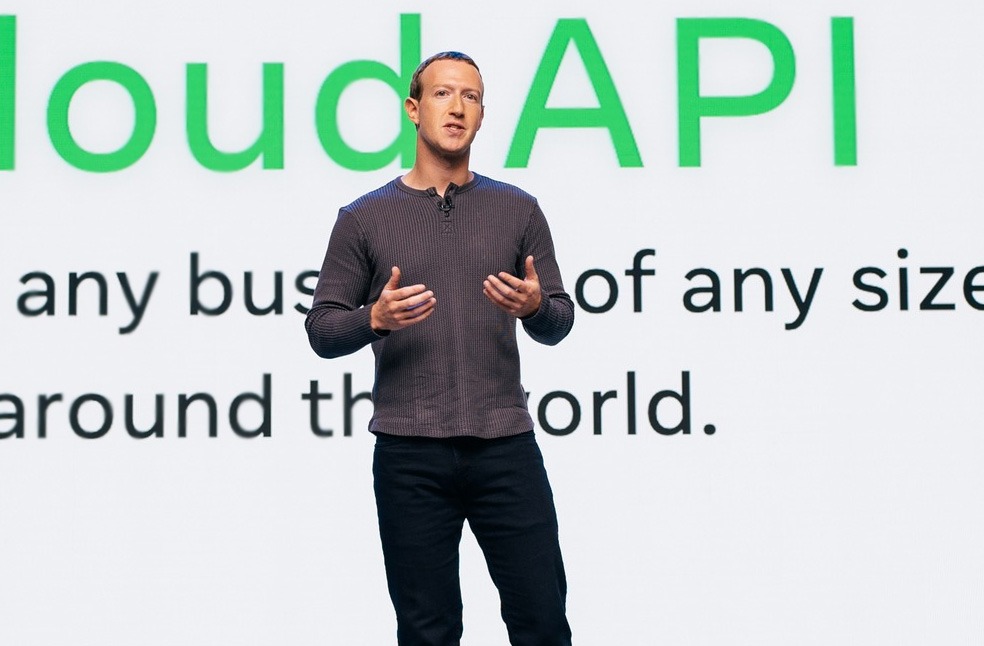Menlo Park: Meta has issued a warning that European users may encounter a significantly diminished user experience following a critical decision by the European Commission, which fined the company €200 million ($215 million) for non-compliance with the Digital Markets Act (DMA).
The fine stems from Meta’s implementation of a ‘consent or pay’ model, which requires users to either pay for a monthly subscription or permit Meta to collect and combine data from Facebook and Instagram for targeted advertising.
According to the European Commission, this model violates EU rules by failing to allow users to provide ‘freely given’ consent regarding how their data is used.
🔴Today the 🇪🇺 Commission found that Apple and Meta in breach of the Digital Markets Act.
Apple and Meta were fined €500 million and €200 million respectively.
🗓️The companies are required to comply with the 🇪🇺decisions within 60 days.
All info 👇 https://t.co/cOMqqxrMPm pic.twitter.com/pJtaLfsFrS
— EU Competition (@EU_Competition) April 23, 2025
In its quarterly earnings statement, Meta stated that it is now expecting to make changes to its consent framework in response to the European Commission’s feedback.
The company warned these modifications could lead to ‘a materially worse user experience’ for its European audience and cause ‘a significant impact’ on its regional business and revenues. These consequences could begin as soon as the third quarter of 2025, potentially persisting throughout the appeal process.
Eric Seufert, an analyst at Mobile Dev Memo, suggested that Meta may be using this stance to rally European users against the regulatory restrictions.
Meta is aiming to shift public opinion in favor of its business model by highlighting how the rules may degrade product quality and service accessibility in the EU.
The European Commission has given Meta 60 days to bring its model into compliance or face additional penalties. Separately, the Commission is also evaluating another advertising method Meta proposed in 2023, which reportedly uses fewer personal data.

This fine contributes to what Meta has described as an ‘active regulatory landscape.’ Just last week, Apple was fined €500 million ($569.83 million) over its App Store policies.
In the US, Meta is also defending itself in court against the Federal Trade Commission, which accuses the company of monopolistic behavior through its acquisitions of Instagram (2012) and WhatsApp (2014).
Despite regulatory pressures, Meta’s latest financial results surpassed Wall Street expectations, with robust advertising revenue and user engagement. The company reported a 6 percent increase in daily active users, countering earlier concerns about a plateau in user growth.
CEO Mark Zuckerberg emphasized Meta’s progress in artificial intelligence tools, noting that Meta AI and its AI-powered smart glasses are gaining traction. Zuckerberg has announced that Meta AI now has almost 1 billion monthly active users.
As Meta navigates both EU regulations and US antitrust scrutiny, its challenge will be balancing compliance with innovation while maintaining its foothold in global digital markets.



